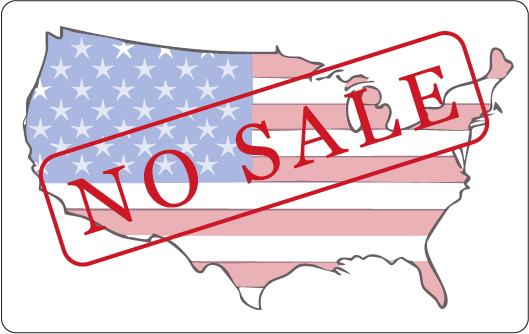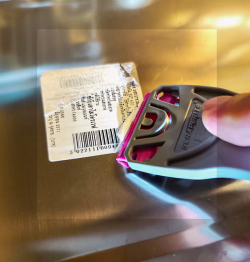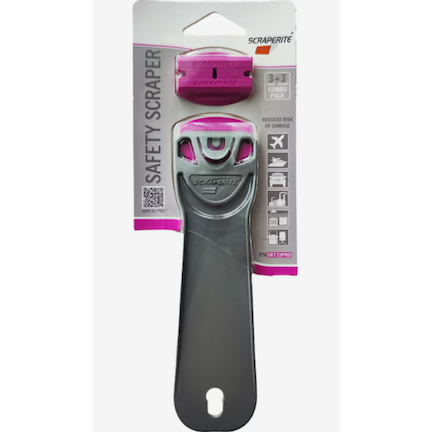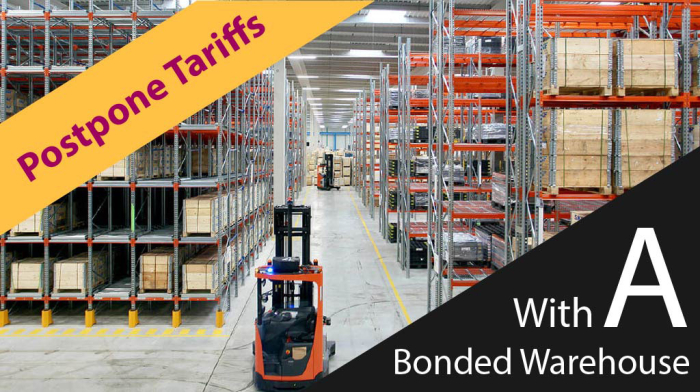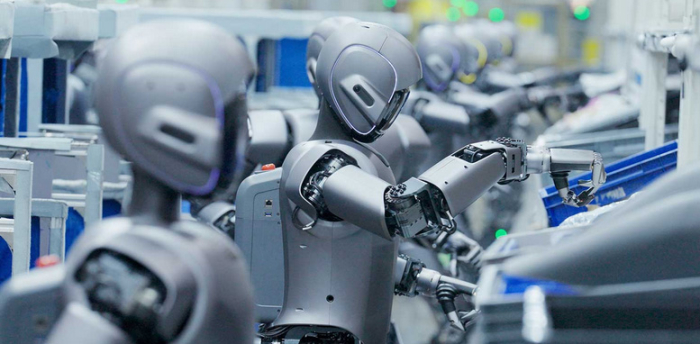Featured Blog
-
Posted: March 26, 2025Categories: Business InsightRead more »
In today's globalized economy, tariffs can significantly disrupt supply chains and inflate consumer prices. Companies are constantly seeking innovative strategies to mitigate these impacts, and understanding these strategies is crucial for both businesses and consumers. Let's explore some common tactics and their implications.
- Strategies for Tariff Avoidance/Mitigation
- Impact on US Consumers
- Considerations for Small Business
- Conclusion
-
Posted: February 10, 2025Read more »
Removing stickers, labels, and decals is a task that extends across multiple industries, from automotive detailing to construction and retail. While this might seem like a simple process, having the right tools—such as a plastic safety scraper—can make a world of difference. Whether it's a car owner peeling off a dealership sticker or a warehouse worker handling bulk label removal, choosing the right blade and method is key to achieving a clean result without damaging the underlying surface.
Sticker Removal in the Automotive Industry
For car detailers and vehicle owners, removing stickers like dealership logos, inspection tags, or decorative decals is a common need. These stickers, often applied to glass or painted surfaces, can be tricky to remove without causing scratches or damage.
A specialized plastic scraper—such as Scraperite's Pro Magenta Blade—provides a safe alternative to traditional metal blades. Metal blades, while effective, can scratch glass or delicate surfaces.
-
Posted: February 10, 2025Read more »
Identifying the Type of Sticker on Commercial Glass
Different adhesives require tailored approaches for effectively cleaning residue from commercial glass. Businesses often use various types of stickers, window clings, and decals for promotional purposes. Here are some common types:
- Vinyl Clings: These are favored for their reusability, adhering to glass through static or water-based methods, allowing for easy removal without leaving residue.
- Glassine Paper Stickers: Designed to remain firmly attached, these stickers can be challenging to remove without specialized solvents.
- Polypropylene Labels: Renowned for their durability and water resistance, these stickers are ideal for long-term applications but may leave behind stubborn adhesive residue.
- Clear Window Decals: Printed on transparent materials, these decals provide an appealing visual effect. The adhesives used can vary, impacting the ease of removal.
- Perforated Window Decals: Featuring small holes for one-way visibility,
Recent Blog
-
Posted: April 21, 2025Categories: Business InsightRead more »
Let's outline the benefits of using a bonded warehouse for deferring tariff payments, specifically in the context of those imposed during trade wars and which may be eventually reduced or removed.
Using a Customs Bonded warehouse can help defer the timing of paying tariffs and other import duties. This strategy allows the importer to pay only on the quantity taken out of the warehouse at that time or move it along to a new market without importing. These warehouses can be located anywhere and can be public or private. They typically handle pallet level quantities and move products to another warehouse after clearing but will not accommodate direct to consumer shipping like a 3PL.
Of course, cash flow is a top consideration when deciding whether this strategy is feasible. The cost of borrowing and storage fees may be less than paying hefty tariffs which may be reversed.
Here are a few detailed points to consider:
- Tariff Deferral:
- The most significant advantage is the ability to delay paying
-
Posted: April 05, 2025Categories: Business InsightRead more »
The Reshoring Narrative – Is it What We Think?
We've all heard the buzz: "Manufacturing is coming back to America!" Big announcements, impressive investment numbers, and promises of revitalized industry. But let's peel back the layers. In an age dominated by technology and robotics, what does reshoring really mean for the American worker and consumer?
Where will jobs be created? How long will they last? Which ones will never come back?
The Automation Factor: Where Are the Jobs?
The reality is that many companies "reshoring" are primarily investing in automation. Think cutting-edge robotics, AI-driven processes, and streamlined production lines. While these investments are undeniably impressive, they often translate to fewer human jobs on the factory floor. Companies like Apple and Taiwan Semiconductor, with their massive China-based facilities, are prime examples. These companies may be pledging investments but there is no detail on how and where that money be invested and what incentives
